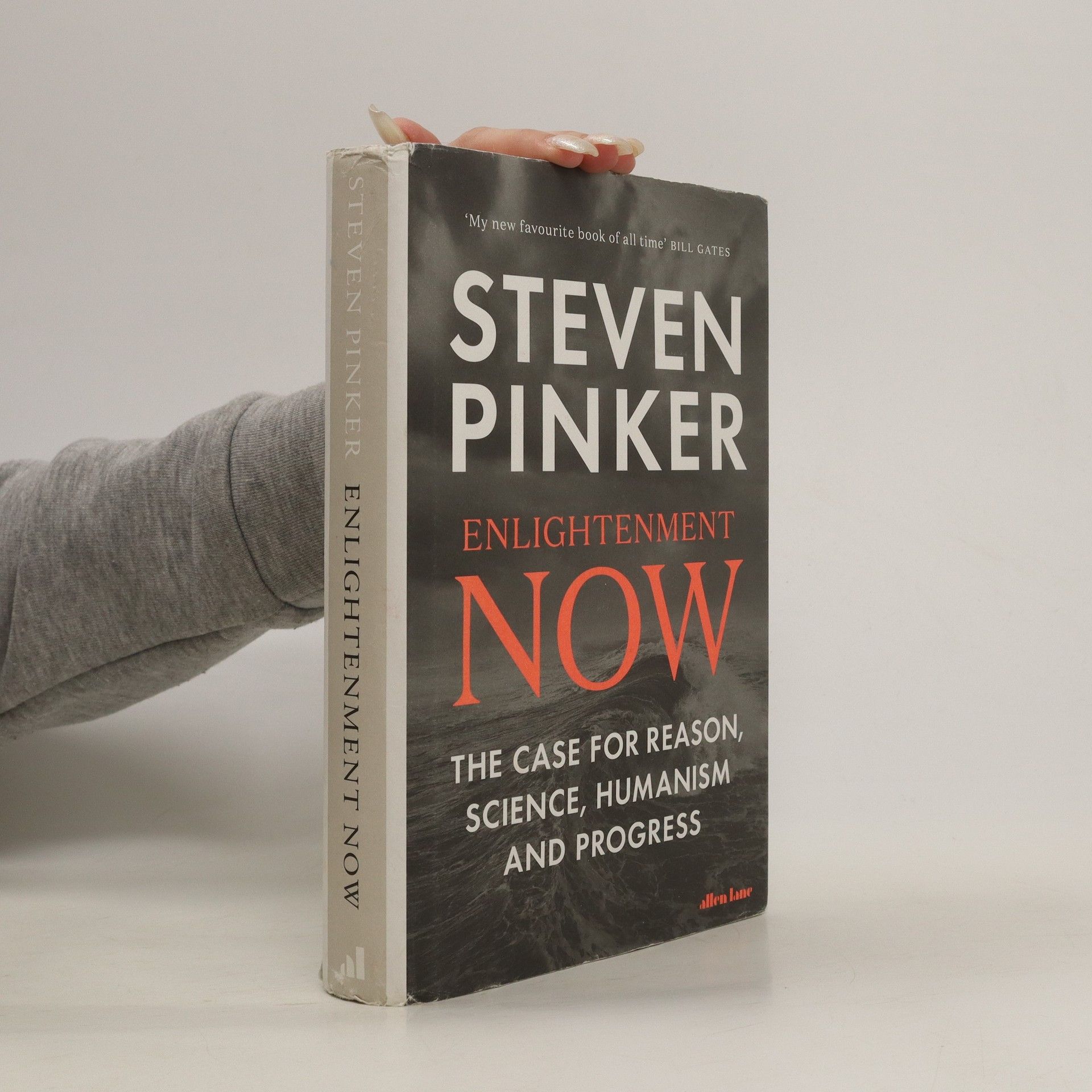Enlightenment Now. The Case for Reason, Science, Humanism, and Progress
Autori
Parametre
Viac o knihe
Is the world really falling apart? Is the ideal of progress obsolete? Cognitive scientist Steven Pinker urges us to step back from the gory headlines and prophecies of doom, which play to our psychological biases. Instead, follow the data. In seventy-five graphs, Pinker shows that life, health, prosperity, safety, peace, knowledge, and happiness are on the rise, not just in the West, but worldwide. This progress is not the result of some cosmic force. It is a gift of the Enlightenment: the conviction that reason and science can enhance human flourishing. Far from being a naïve hope, the Enlightenment, we now know, has worked. But more than ever, it needs a vigorous defense. The Enlightenment project swims against currents of human nature -- tribalism, authoritarianism, demonization, magical thinking -- which demagogues are all too willing to exploit. Many commentators, committed to political, religious, or romantic ideologies, fight a rearguard action against it. The result is a corrosive fatalism and a willingness to wreck the precious institutions of liberal democracy and global cooperation. Pinker makes the case for reason, science, and humanism: the ideals we need to confront our problems and continue our progress.
Nákup knihy
Enlightenment Now. The Case for Reason, Science, Humanism, and Progress, Steven Pinker
- Jazyk
- Rok vydania
- 2018
Doručenie
Platobné metódy
2021 2022 2023
Navrhnúť zmenu
- Titul
- Enlightenment Now. The Case for Reason, Science, Humanism, and Progress
- Jazyk
- anglicky
- Autori
- Steven Pinker
- Vydavateľ
- Allen Lane
- Rok vydania
- 2018
- Väzba
- pevná s prebalom
- ISBN10
- 0241004314
- ISBN13
- 9780241004319
- Kategórie
- Spoločenské vedy, Filozofia, Ostatná história
- Anotácia
- Is the world really falling apart? Is the ideal of progress obsolete? Cognitive scientist Steven Pinker urges us to step back from the gory headlines and prophecies of doom, which play to our psychological biases. Instead, follow the data. In seventy-five graphs, Pinker shows that life, health, prosperity, safety, peace, knowledge, and happiness are on the rise, not just in the West, but worldwide. This progress is not the result of some cosmic force. It is a gift of the Enlightenment: the conviction that reason and science can enhance human flourishing. Far from being a naïve hope, the Enlightenment, we now know, has worked. But more than ever, it needs a vigorous defense. The Enlightenment project swims against currents of human nature -- tribalism, authoritarianism, demonization, magical thinking -- which demagogues are all too willing to exploit. Many commentators, committed to political, religious, or romantic ideologies, fight a rearguard action against it. The result is a corrosive fatalism and a willingness to wreck the precious institutions of liberal democracy and global cooperation. Pinker makes the case for reason, science, and humanism: the ideals we need to confront our problems and continue our progress.


